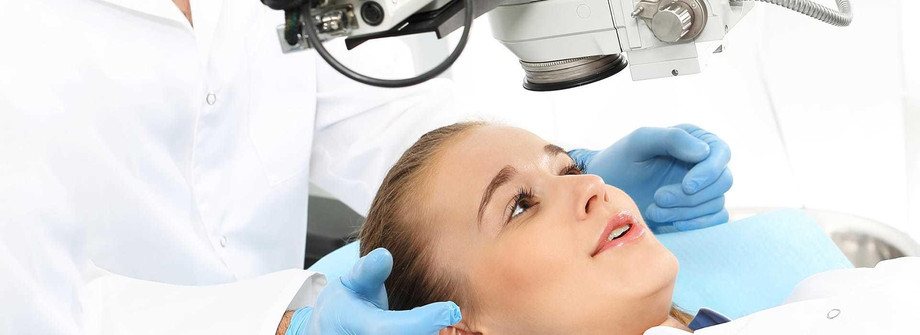Cataracts, a common age-related eye condition, can significantly impact vision clarity and quality of life. Fortunately, advancements in medical science have made cataract surgery one of the most effective and routine procedures for restoring vision. Let's explore cataract surgery, its significance, the procedure, and the life-changing benefits it offers to those affected by this condition.
Understanding Cataracts
Cataracts occur when the eye's natural lens becomes clouded, leading to blurred or distorted vision. This clouding often develops slowly over time and can affect one or both eyes, causing symptoms such as:
Blurry or cloudy vision
Sensitivity to light
Difficulty seeing at night
Fading of colors
Double vision in a single eye
Changes in prescription glasses' effectiveness
Significance of Cataract Surgery
Cataract surgery stands as a crucial intervention to restore vision impaired by cataracts. As the leading cause of vision loss globally, this procedure has revolutionized eye care by offering a highly successful means to improve vision and quality of life for affected individuals.
The surgery involves the removal of the clouded lens and its replacement with an artificial intraocular lens (IOL), restoring clear vision and often reducing the need for corrective lenses post-surgery.
Procedure Overview
Cataract surgery is generally an outpatient procedure performed under local anesthesia, and it typically takes around 15 to 30 minutes per eye.
Preparation: The eye is numbed with eye drops, and the surgeon may administer mild sedation to relax the patient.
Lens Removal: Using advanced techniques like phacoemulsification, the surgeon makes a small incision in the eye and uses ultrasonic energy to break up and remove the clouded lens.
IOL Implantation: Once the natural lens is removed, an artificial IOL is inserted into the eye through the same incision. The IOL serves as a permanent replacement for the clouded lens, correcting vision.
Closing the Incision: The incision is typically self-healing and does not require sutures. It heals naturally over time.
Benefits and Recovery
Cataract surgery offers remarkable benefits beyond vision improvement:
Improved Vision: Many individuals experience significantly clearer vision immediately after surgery, with continuous improvement in the following days or weeks.
Reduced Dependency on Glasses: Depending on the type of IOL used, many people find themselves less dependent on glasses or contact lenses post-surgery.
Enhanced Quality of Life: Clearer vision enables individuals to resume activities they may have struggled with due to vision impairment, such as reading, driving, or enjoying hobbies.
Quick Recovery: Most people resume normal activities within a few days after surgery, experiencing minimal discomfort or downtime.
Advanced Technology and Options
Advancements in cataract surgery technology offer patients various options to optimize their visual outcomes:
Premium IOLs: Beyond standard IOLs, premium IOLs like multifocal or toric lenses address specific vision needs, such as correcting astigmatism or providing multifocal vision correction.
Laser-Assisted Surgery: Some surgeons use lasers to perform specific steps of the surgery, offering precision and potentially faster recovery.
Post-Surgery Care
Following cataract surgery, patients are advised to:
Use prescribed eye drops to prevent infection and promote healing.
Avoid strenuous activities or heavy lifting to minimize the risk of complications.
Attend follow-up appointments to monitor healing and vision progress.
For More Info:-
eye care services in Peekskill
dry eye treatment in Peekskill
best eye care services in Peekskill





Comments